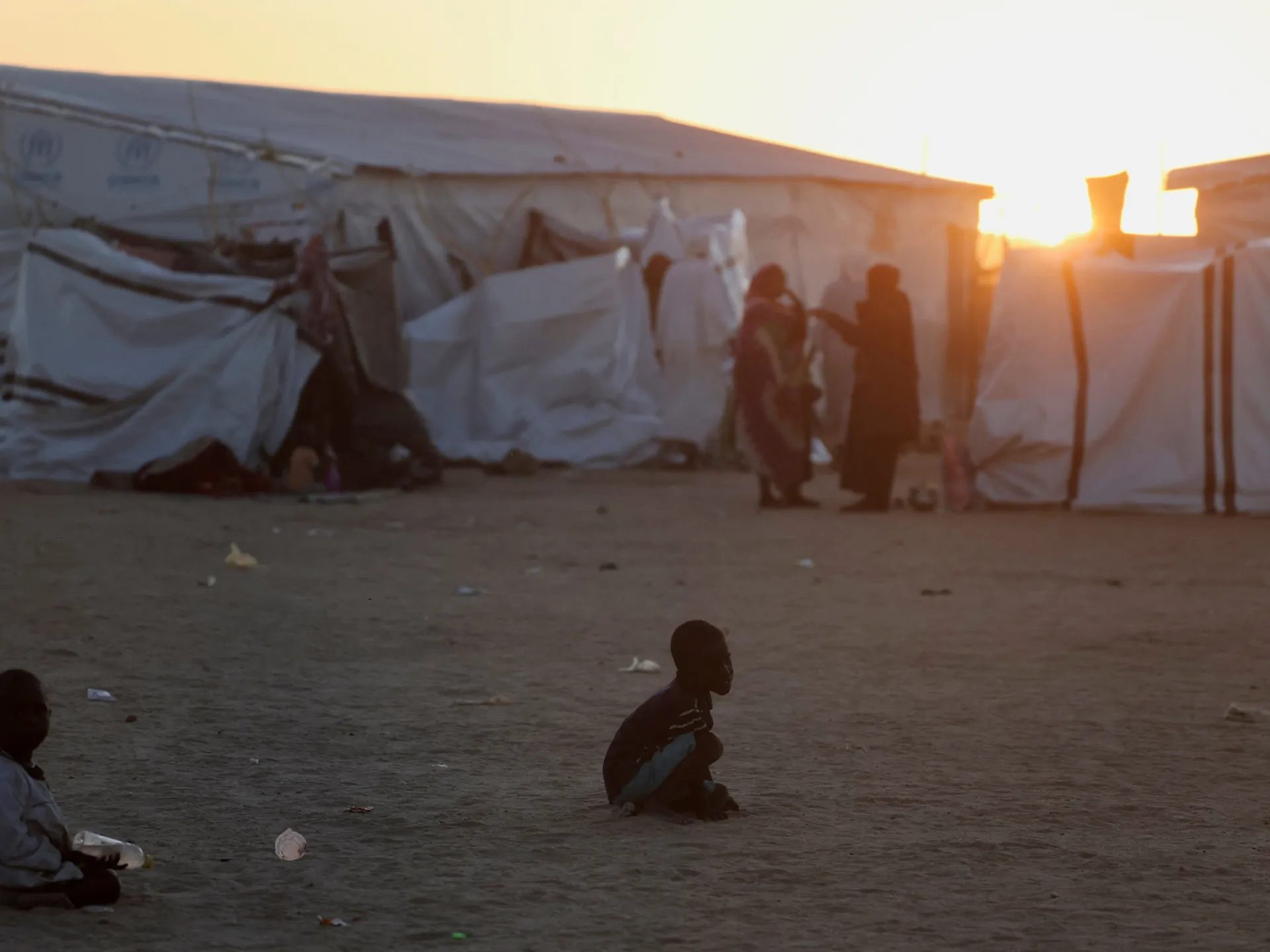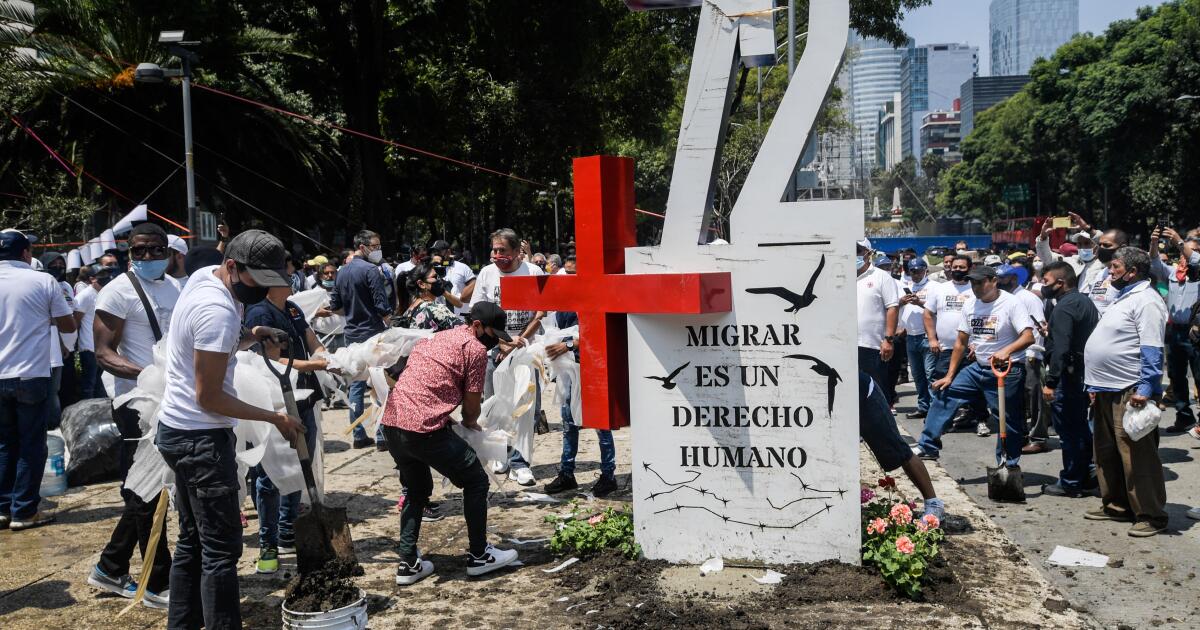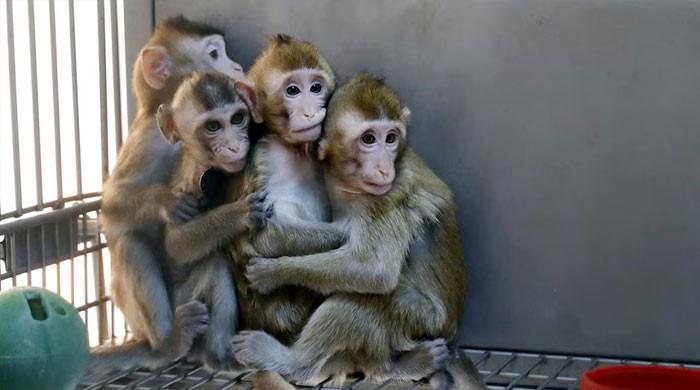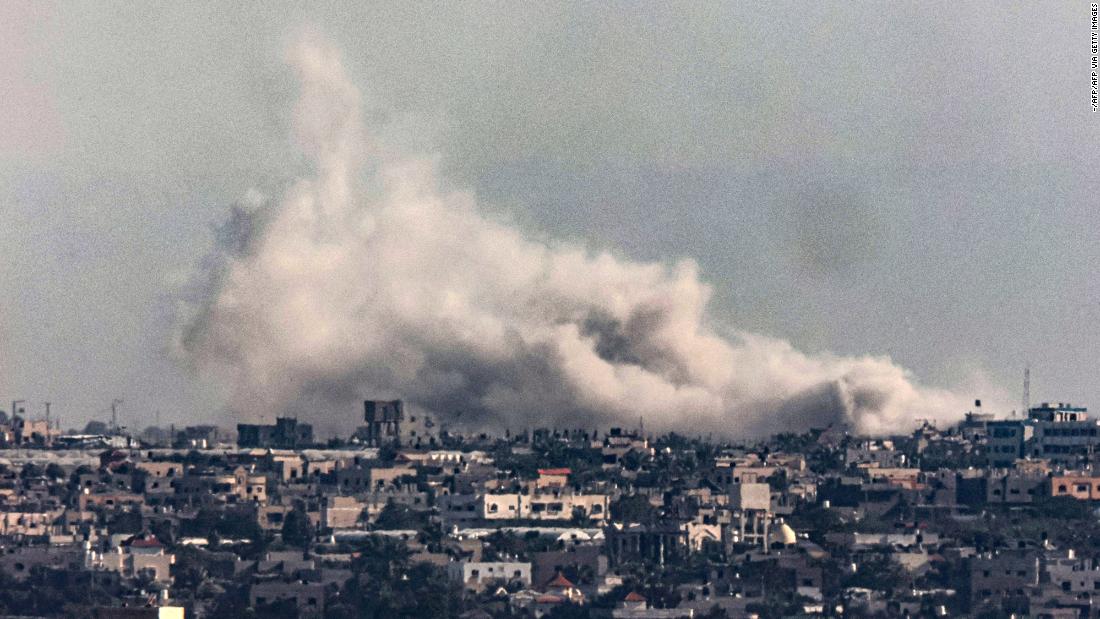Many people in Chad were already dependent on humanitarian assistance even before the start of the war in Sudan.
Thousands more Sudanese fleeing the country's bloody war continue to arrive in neighboring, impoverished Chad, as the humanitarian situation deteriorates on the ground in the region.
More than 4.3 million Sudanese have fled to neighboring countries since the start of the civil war in April 2023 between the government-aligned Sudanese Armed Forces (SAF) and the paramilitary Rapid Support Forces (RSF), according to the latest data confirmed by the United Nations.
Recommended stories
list of 3 itemsend of list
Sudan is experiencing the world's worst displacement crisis, with nearly 12 million people forced to flee their homes under fire and hunger.
Tens of thousands of Sudanese are believed to be waiting to enter eastern Chad, believing it will be safer and they will find food. However, their destination is a country where some seven million people, at least half of them children, already need humanitarian assistance.
Dozens of families continue to arrive daily in Tine, a border town between Sudan and Chad.
Tine resident Abdulsalam Abubakar told Al Jazeera's Ahmed Idris that the same money he spent a few days ago at the market to buy food and other essential supplies will no longer be able to buy the same amount.
“Everything on the market here is expensive; nothing is cheap,” he said.
Food sellers say they are not to blame either, as the huge increase in demand during catastrophic war conditions is driving up prices.
“Food is expensive now because more than 10,000 Sudanese came here after their country disintegrated,” said shopkeeper Khadijah Kurgule.
“There are goods everywhere, but people can't afford them,” he told Al Jazeera.
The thousands of people who fled RSF-led mass killings in and around El-Fasher in Darfur, western Sudan, to reach Chad in recent weeks only add to the more than one million people who have entered the country since the start of the Sudanese war.
Al Jazeera's Idris said the continued arrival of refugees from Sudan has intensified competition for food, shelter and water.
“Aid workers are concerned that this could create friction between refugees and host communities,” he said.
At water and aid distribution points, long queues have become common, and hospitals and schools are also overloaded.
John-Paul Habamungu, a UNHCR representative working on the ground, said 57 percent of the incoming Sudanese population are school-age children, but there are no schools for them.
“We don't have the funds to build, at least temporarily, learning spaces. We don't have the means to hire teachers,” he said.
The UN has been trying to ease the burden by moving several thousand refugees to nearby areas, but aid workers have warned that the worst may still be coming as the war in Sudan shows no signs of stopping.
The European Union on Thursday imposed sanctions against Abdul Rahim Hamdan Dagalo, deputy leader of the RSF and brother of its leader, Mohamed Hamdan “Hemedti” Dagalo, for crimes committed during the assault on El Fasher.
The sanctions place Dagalo under an EU-wide travel ban, freeze potential assets and prohibit him from making direct or indirect profits as well as other resources within the 27-nation bloc, according to the European Commission.
“This sends a signal that the international community will pursue those responsible,” EU foreign policy chief Kaja Kallas told reporters during a news conference on Thursday.












